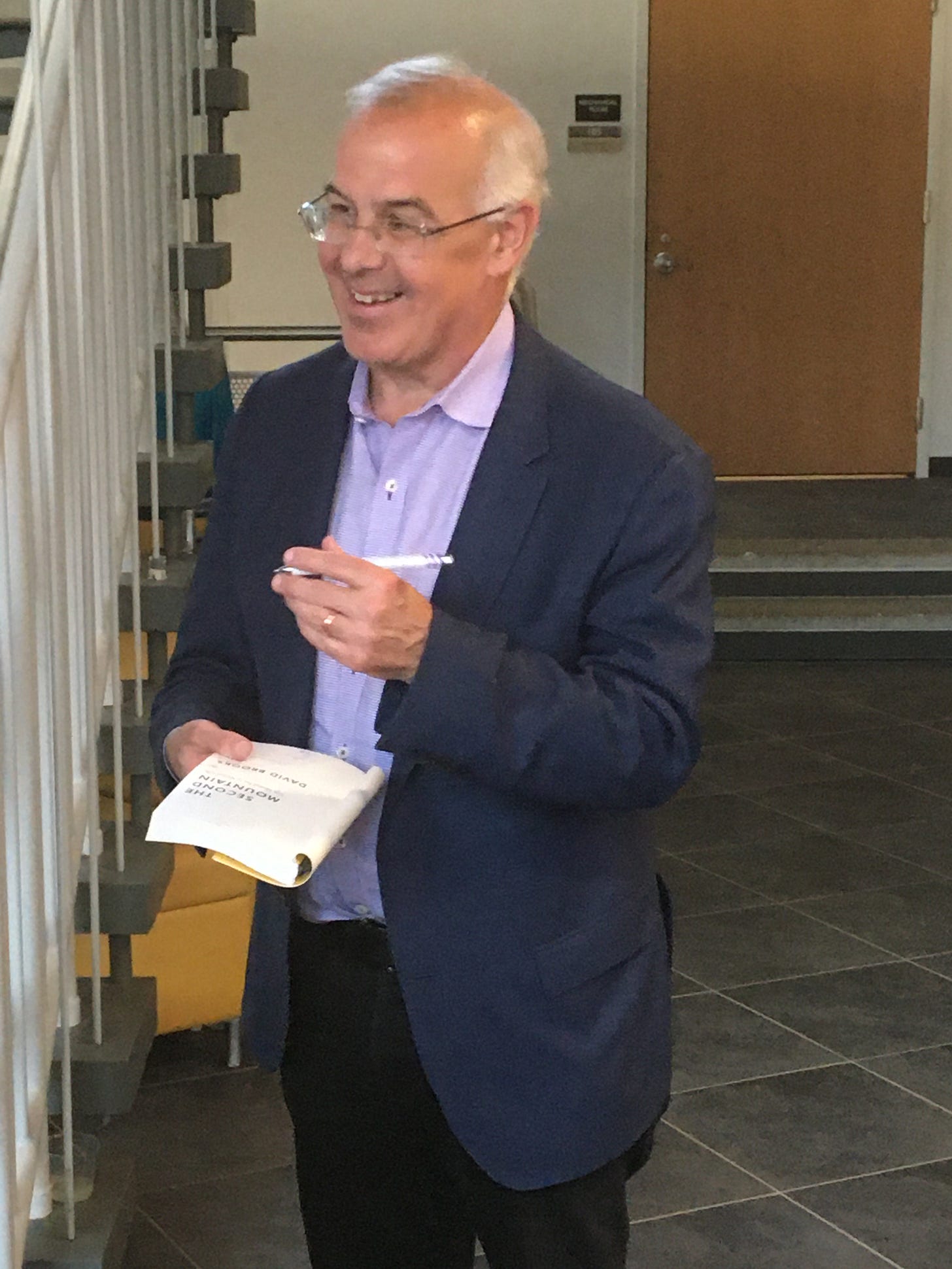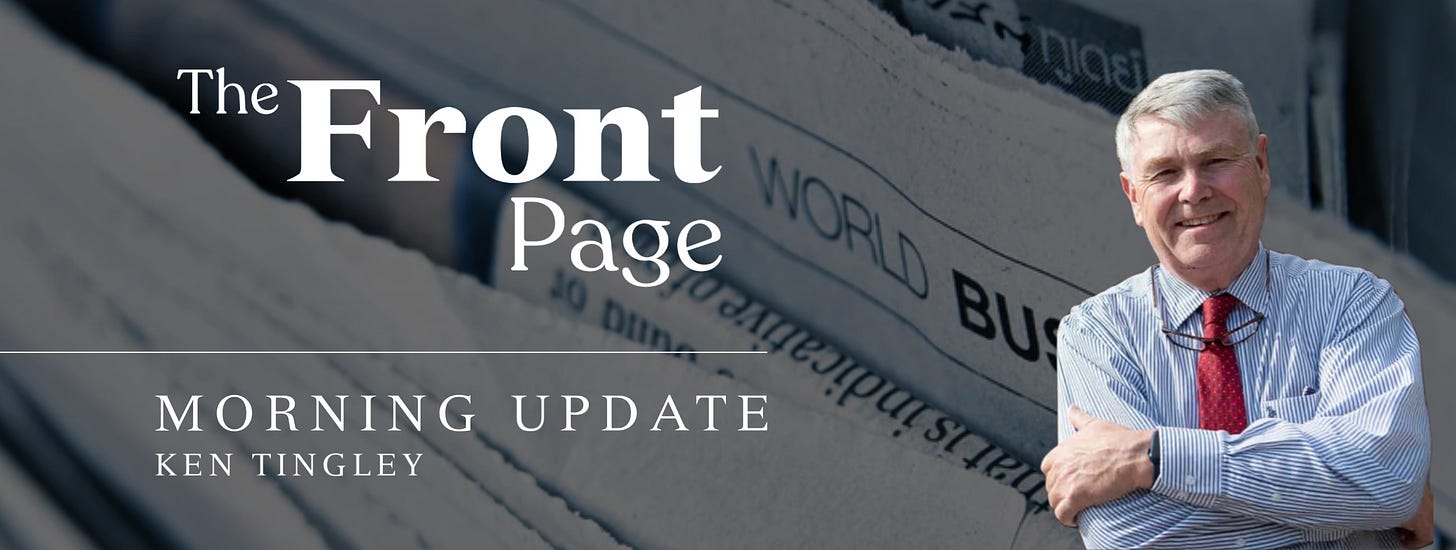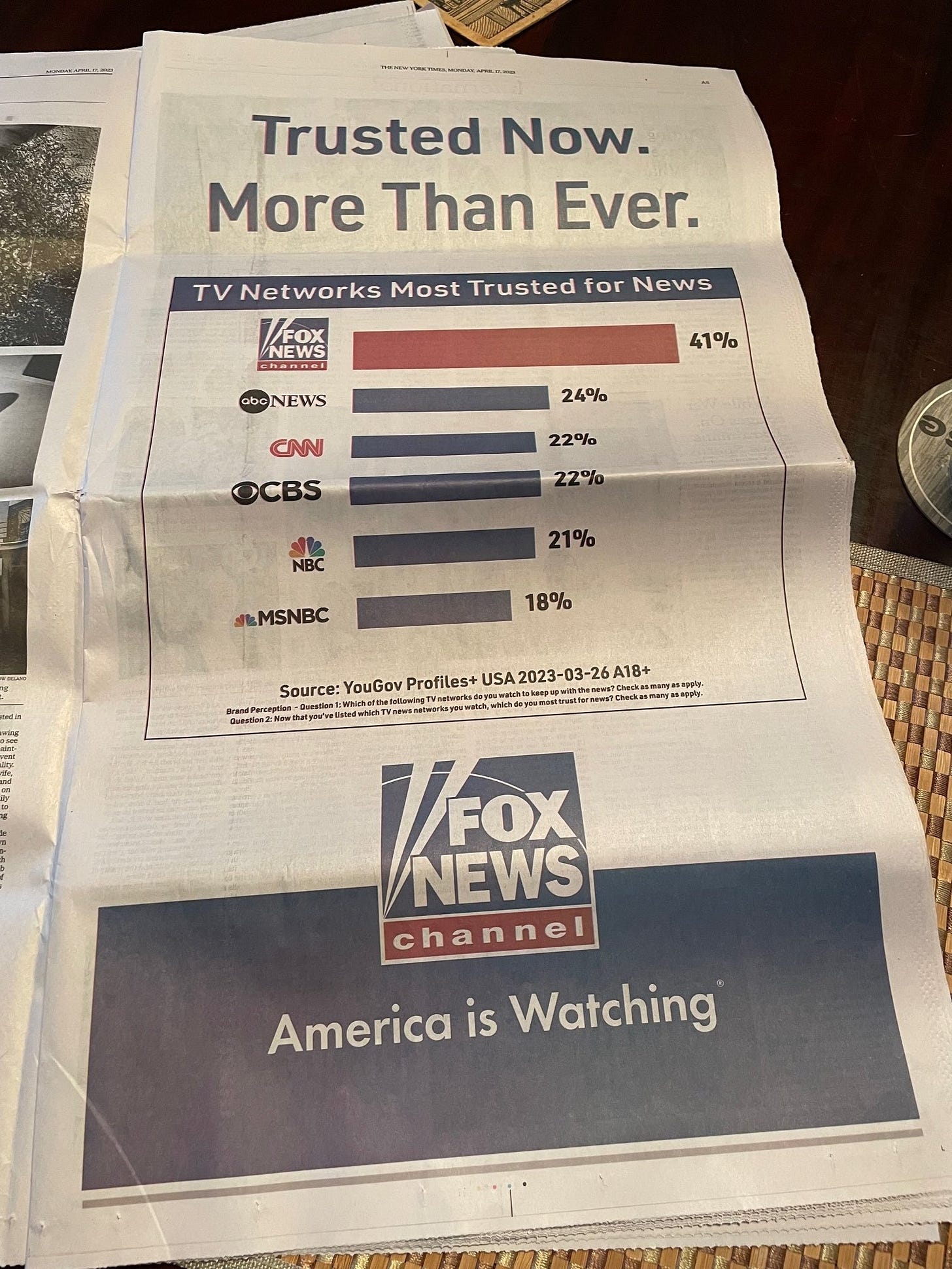David Brooks asks the greater questions about life, character and hearing each other
Washington County supervisor puts weekend murder in perspective
By Ken Tingley
David Brooks is what I call a deep thinker.
He was a few minutes into his speech at Skidmore College Saturday afternoon when he revealed that Edmund Burke’s “Reflections on the Revolution in France” was his favorite essay of all time.
It was written in 1790. The only thing I have read from that era is the Declaration of Independence.
A few minutes later, there was a mention of Kierkegaard and the stages we all go through in how we view the world.
This was an academic crowd at Skidmore. You could see them nodding.
The crowd had lots of gray hair and professors outnumbered students by a good margin, but it was the weekend and Caroline Street may have beckoned.
David Brooks is more philosopher and life coach than newspaper writer.
He is labeled as a conservative columnist for the New York Times.
You can see him weekly on PBS Newshour analyzing current events with Washington Post columnist Jonathan Capehart.
He makes appearances on other news shows as well.
But what Brooks does better than most writers is make us think; not about what he believes, not about what is going on in the world, but how we can be better spouses, siblings, employees and leaders.
He talks about how to live a better life.
He challenges us to ask ourselves difficult questions.
Seven or eight years ago, I read his book “The Road to character” after seeing Brooks interviewed on television.
“I wrote this book not sure I could follow the road to character,” Brooks writes in the introduction. “But I wanted at least to know what the road looks like and how other people have trodden it.”
It made me think about being a better person. I suspect most of us don’t think about that very much.
In that introduction, Brooks talks about how we measure ourselves with two different sets of virtues - the resume virtues and the eulogy virtues.
“Most of us have clearer strategies for how to achieve career success than we do for how to develop a proud character,” Brooks wrote.

On Saturday, Brooks suggested we need to elevate our questions to colleagues and friends beyond the obvious.
While lecturing at Yale, Brooks related he asks each new class: What would you do if you weren’t afraid?
Inevitably, several students seek him out after class and tell him they hate it at Yale, but they believe its prestige is necessary for them to succeed. They tell him if they weren’t afraid they would go to another school.
Brooks tells us the important part of people’s lives is not what happened to them, but how they experienced what happened to them.
He fires off the questions one after another to the audience.
What crossroads are you at?
What problem did you use to have that you feel you have licked?
In what ways are you sliding backward?
Where will you be in your life a year from now?
What commitments have you made that you no longer believe in?
Imagine the conversations.
He was getting to the bigger concern these days which is how to we talk to each other, especially those who believe differently that we do.
Brooks pointed out most of us stop listening about halfway through a comment because as we start composing our response.
Guilty as charged.
Brooks says when in conversation it is best “to act as if attention had an on/off switch with no dimmer.” Listen more and don’t be afraid of the pause afterward as you weigh your words in response.
“Deeper conversations help people become explicable to each other and themselves,” Brooks wrote in a column before Thanksgiving in 2020. “You can’t really know yourself until you know how you express yourself and find yourself in another’s eyes. Deeper conversation builds trust, the oxygen of society, exactly what we’re missing right now.”
Remember, this is a newspaper columnist.
By the end, I had stopped taking notes and was in deep thought.
I was thinking about how I don’t listen long enough.
How I interrupted other people too often.
Brooks said it was the act of seeing someone and each of us had the ability to cast a just and loving attention on each person.
“Every person is a mystery to be explored,” Brooks said.
It wasn’t the message I was expecting to come away with on this Saturday afternoon.
As the question and answer period started, the questions returned to politics and Trump and mass shootings.
I wondered if anyone had been listening.
If they had, the questions would have been much different.
Murder goes viral
Over the weekend, a young woman was shot and killed in Washington County under unusual circumstances. By Tuesday afternoon, the story had gone viral with national news outlets reporting on the tragedy because of its similarity to another incident in Kansas City.
PBS NewsHour and the CBS Evening News both included it in their national nightly telecasts.
Unfortunately, Washington County authorities have been slow to report details about the murder. The sheriff admitted in a Monday newscast that he personally knew the family. The Times Union reported the victim’s father worked at the Washington County Jail. The sheriff also refused to identify the type of weapon used in the killing. Whenever police authorities hold back details it leads to rumors and speculation on social media. That is what we are now seeing.
The 20-year-old woman from Schuylerville was with three of her friends trying to find the home of a friend in rural Hebron. When they tried to turn around in a driveway, a man emerged and fired two shots at the car, fatally wounding the woman.
Hebron Supervisor Brian Campbell gave the incident some perspective in a Post-Star story Tuesday.
“I can’t even fathom what would make a person shoot at a car that was in their driveway if they didn’t even know the people in the car,” Campbell wrote on the town’s website.
Campbell related being awakened many times late at night in the rural community because people needed help.
“Never once, did I consider my own safety, or think that I needed to find a gun. I figured if someone was at my door they may need help. Sometimes just directions, sometimes out of gas, other times needed to be towed out of the ditch,” he said. “I would rather Hebron was known for its’ natural beauty and tranquility than an awful act of violence. It is time to reinstate the fact that people are responsible for their own actions, and let’s return to neighbors being good neighbors. Deep down we all want the same things, our freedoms and pursuit of happiness.”
It’s advice we all should heed.
Fox all in
If there was any belief that Fox News would settled its lawsuit with Dominion Voting Systems, it should have been dispelled by the full page ads it took out in The New York Times and The Washington Post Monday.
The Fox ad trumpets “Trust Now. More than ever.”
It is followed by a chart that proclaims Fox News to be the most trusted TV network on television.
It will be interesting to see if that is still true after the trial. Viewers might have a different perspective by then.
Leaving Twitter
Last week, NPR, PBS and the BBC all were labeled as “government funded” on Twitter and all three announced they would no longer use their official Twitter accounts. Individual journalists at those organizations can do as they please when it comes to tweeting.
The death of Twitter would be unfortunate, but considering what tweets have done to the political landscape, we all might be better off.




Brian Campbell’s comments are heartening, true, but he needs to think more deeply.
“Deep down we all want the same things, our freedoms and pursuit of happiness.”
I submit the almost religious focus of those on the right, but Americans in general on the concept of “freedoms” is a serious problem. We need to stop talking about the US as a place of “freedom.” Our founding documents do not emphasize freedom, they talk about establishing a just society and outline sets of laws and principles that restrain members of society from actions that threaten the common good. It is worth rereading the couple paragraphs of the Declaration and the preamble to the Constitution regularly. They’re short. Here’s the Preamble: “We the People of the United States, in Order to form a more perfect Union, establish Justice, insure domestic Tranquility, provide for the common defence, promote the general Welfare, and secure the Blessings of Liberty to ourselves and our Posterity, do ordain and establish this Constitution for the United States of America.”
The Constitution is about restraint of action, not “freedom.” If it was about freedom it would be 4 words long: Do what ye wish.
Brooks sounds like the type of guy anyone would love to sit down with and have a coffee/glass of wine and just talk for hours with. I wish we all were as reflective.
During the Balloon Festival, dozens of folks turn around in our driveway. I've done it many times when lost or passing my destination. I can't imagine the thought that I (or my family) would be shot. This hurts my heart. I don't understand why they aren't discussing the gun. It is strange and creepy.
Fox news puts ads in the paper similar to their statements on the air-if you say it, it must be true. Trump style. It just made me laugh.